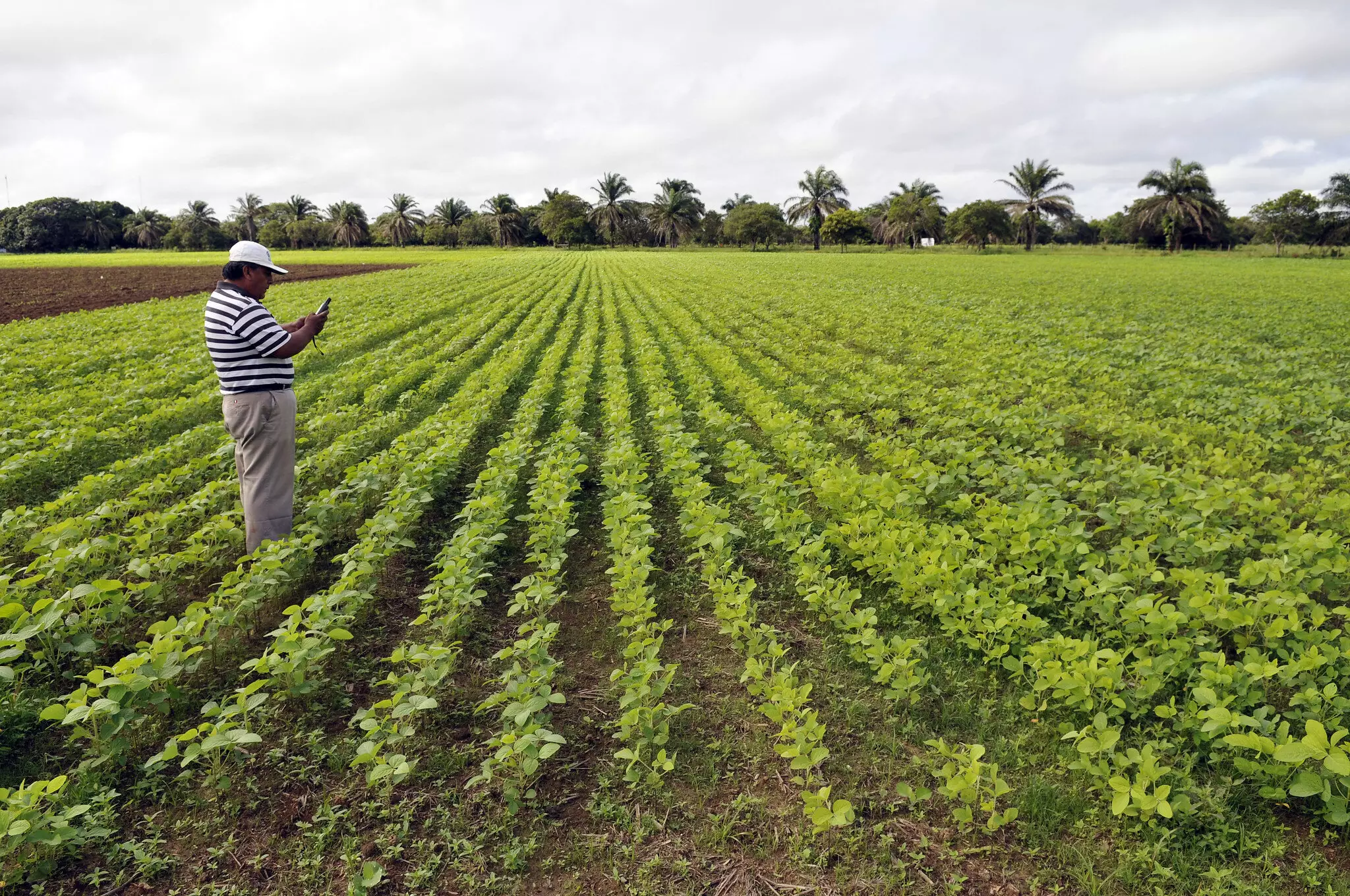Foreign Direct Investment (FDI) has long been a contentious topic, particularly in the context of tropical countries and extractive industries. Historically linked to harmful environmental practices like deforestation and biodiversity loss, the role of FDI in agriculture, and specifically within food systems, has begun to invite scrutiny. While agriculture is widely recognized as a leading factor in deforestation, emerging research indicates that FDI may serve as a critical catalyst further exacerbating this issue. This prompts a vital question: are we inadvertently allowing foreign investment to operate as an extractive force within our food systems?
Urbanization and FDI are cited as the main culprits driving tree cover loss, overshadowing even economic growth and population increases. This finding challenges conventional beliefs about deforestation, emphasizing a need to scrutinize domestic consumption patterns and their link to FDI. As food systems evolve globally, bolstered by multinational investments, it’s clear that interventions must extend beyond surface-level solutions targeting exports and production.
Investigating the Connection: Food Systems and Deforestation
Recent research takes a novel approach by framing deforestation within a food system perspective rather than merely a production framework. Using advanced machine learning tools, researchers tracked tree cover loss across 40 tropical and subtropical countries from 2004 to 2021. The study, which utilized eXtreme Gradient Boosting (XGBoost) algorithms to distill various drivers of deforestation, yielded striking results. FDI and urban demand emerged as significant factors tied to the acceleration of deforestation, particularly in Asia and Latin America. Through this lens, deforestation is no longer just an environmental issue but one intimately linked with global consumption trends.
As foreign investments cultivate an appetite for ultra-processed foods—products often reliant on deforested land for key ingredients like palm oil and soy—population shifts toward urban lifestyles only intensify these destructive practices. This “supermarketization” of food underscores a critical blind spot in current FDI discussions. It’s increasingly evident that focusing solely on export rates or production efficiency overlooks the underlying dynamics that drive ecological degradation.
Redefining Engagement with FDI: Towards Sustainable Practices
Engaging with FDI requires a redirection of focus toward sustainable practices. The disproportionate influence of foreign investment on local ecosystems can lead to serious consequences if not managed thoughtfully. Policymakers must recognize that FDI’s role extends beyond economic opportunities; it intersects deeply with environmental sustainability. Research advocates for systemic considerations that encapsulate the complete food lifecycle—from cultivation through to consumption.
Proposed solutions include stringent environmental assessments for FDI projects, employing governance standards like the EU’s Regulation on Deforestation-Free Products to ensure sustainability commensurate with national priorities. These measures not only aim to attract investors but also anchor their pursuits within the framework of environmental protection.
Public awareness campaigns shine a crucial light on health and sustainable living. As urbanization accelerates, a disconnect from local food sources breeds ignorance about the ecological impacts tied to agricultural decisions—a growing concern not exclusive to developed nations but also pertinent to many low- and middle-income countries.
The Economic Trade-Off: Balancing Growth with Conservation
The economic allure of FDI is often couched in the promise of job creation, tax revenue, and competitive pricing. However, these benefits must be weighed against potential trade-offs, such as environmental degradation and community dislocation. Striking a balance becomes imperative; while developing countries may view FDI as an avenue to wealth, the ramifications of unchecked investment could lead to irreversible ecological changes.
Moreover, as demand for land escalates due to urbanization and investment, the fiscal implications cannot be ignored. The pressure on land value can catalyze speculative practices, rerouting investment from food production to real estate development, a shift with profound effects on land use and availability. Future inquiries into this aspect of FDI could shed further light on its broader implications on socio-economic and environmental landscapes.
Charting a Sustainable Path Forward
To rectify the adverse effects tied to FDI-driven agricultural practices, a recalibration of investment strategies is essential. Understanding that foreign investment in food systems can both benefit and harm local ecosystems challenges us to innovate our approach. The research calls for a collaborative effort among policymakers, businesses, and communities—not merely to regulate or restrict but to envision an integrated system where environmental health is a core tenet of agricultural growth.
The urgent nature of this challenge is amplified by the stark reality that food systems underpin not just economic stability but the very essence of life and health. By demanding a more multifaceted view of FDI, one that incorporates ecological mindfulness, we can foster regenerative agricultural practices while curbing deforestation. In the pursuit of a sustainable future, it is not only prudent but imperative to critically examine our economic pathways and their latent impacts on our planet.


Leave a Reply